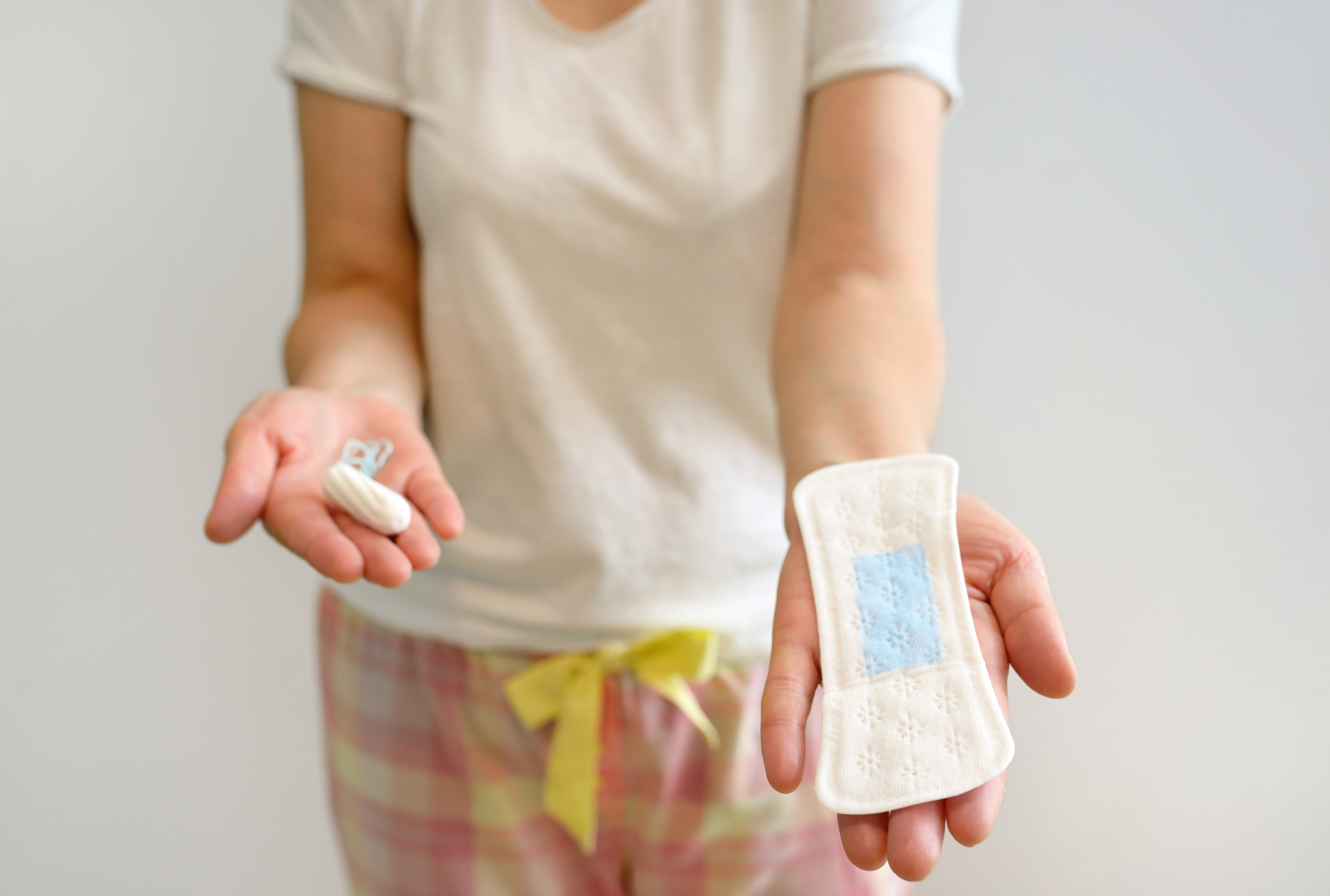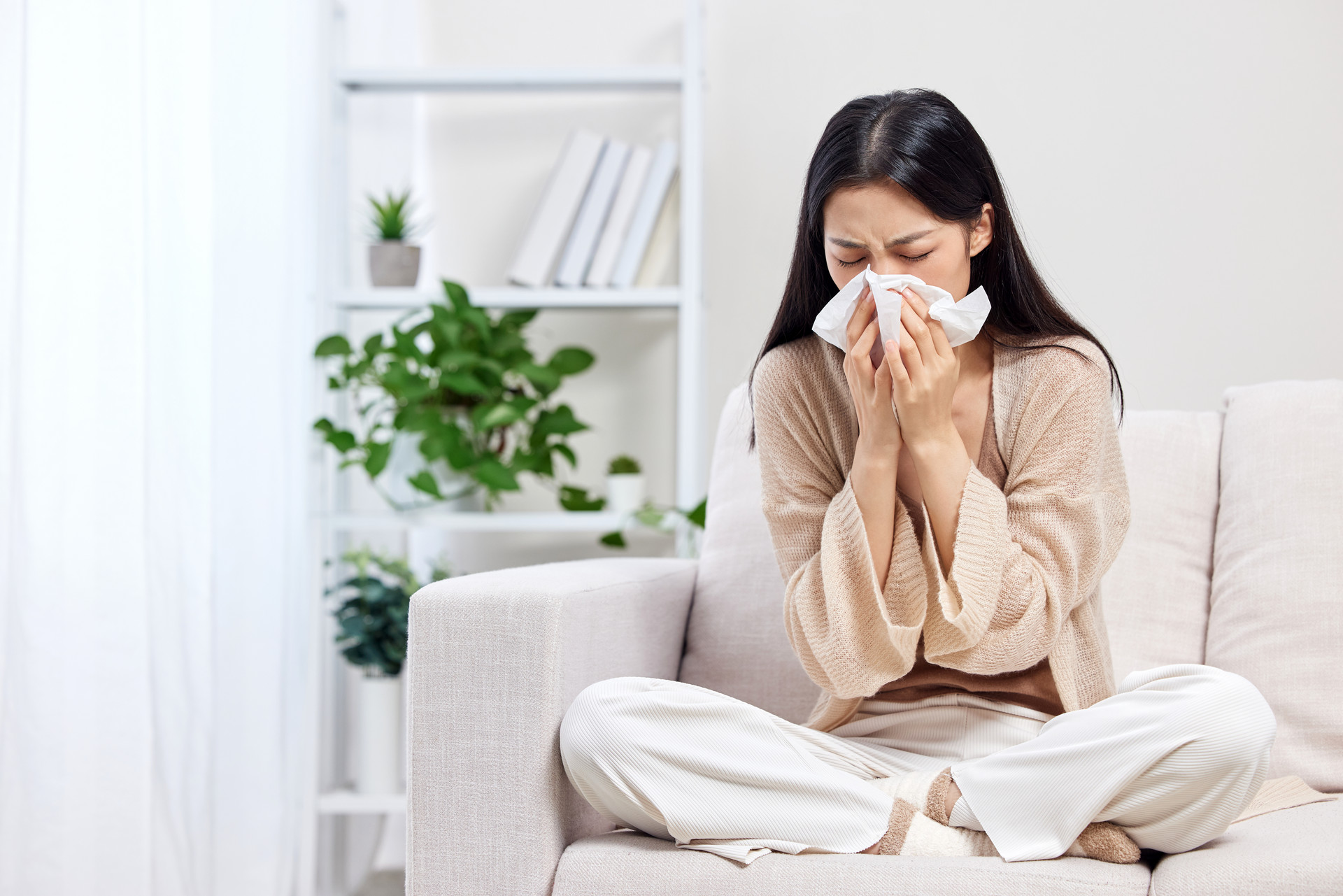When it comes to menopause, women may think of common symptoms such as mood swings and irritability. People often believe that the symptoms of menopause are purely emotional changes. However, recent research shows that women in menopause often experience "heel pain, knee pain, lower back pain," and other minor ailments, which are also symptoms of menopause.
When women enter menopause, estrogen levels suddenly decrease, reducing their ability to absorb calcium. As a result, various calcium deficiency symptoms such as heel pain and osteoporosis may occur.
Experts point out that Asian women are particularly prone to calcium deficiency, and even if they supplement with calcium during menopause, it is difficult for them to absorb it effectively. Therefore, it is recommended that young women pay attention to calcium supplementation, as the best time to supplement calcium is before the age of 35.
Do menopausal women need to artificially supplement estrogen? Experts believe that it is not necessary. In general, doctors may consider estrogen injections in special circumstances, such as when fractures are difficult to heal or when menopausal patients have mental illnesses and require appropriate estrogen supplementation.
In addition, menopausal women's neuroregulation is also prone to disorders. Many menopausal women experience symptoms such as palpitations, fluctuating blood pressure, excessive hair loss, dizziness, insomnia, irregular uterine bleeding, night sweats, and frequent menstruation. These symptoms were previously treated as simple heart or stomach diseases with poor results.
Therefore, experts recommend that menopausal women undergo comprehensive annual physical examinations to promptly detect any issues. If there is any body aches, palpitations, or any other discomfort, it should be taken seriously. It is advisable to first consult a gynecologist, who can provide targeted treatment based on the special physiological conditions of menopausal women. Generally, the earlier the treatment and control of menopausal symptoms, the better the outcome.






